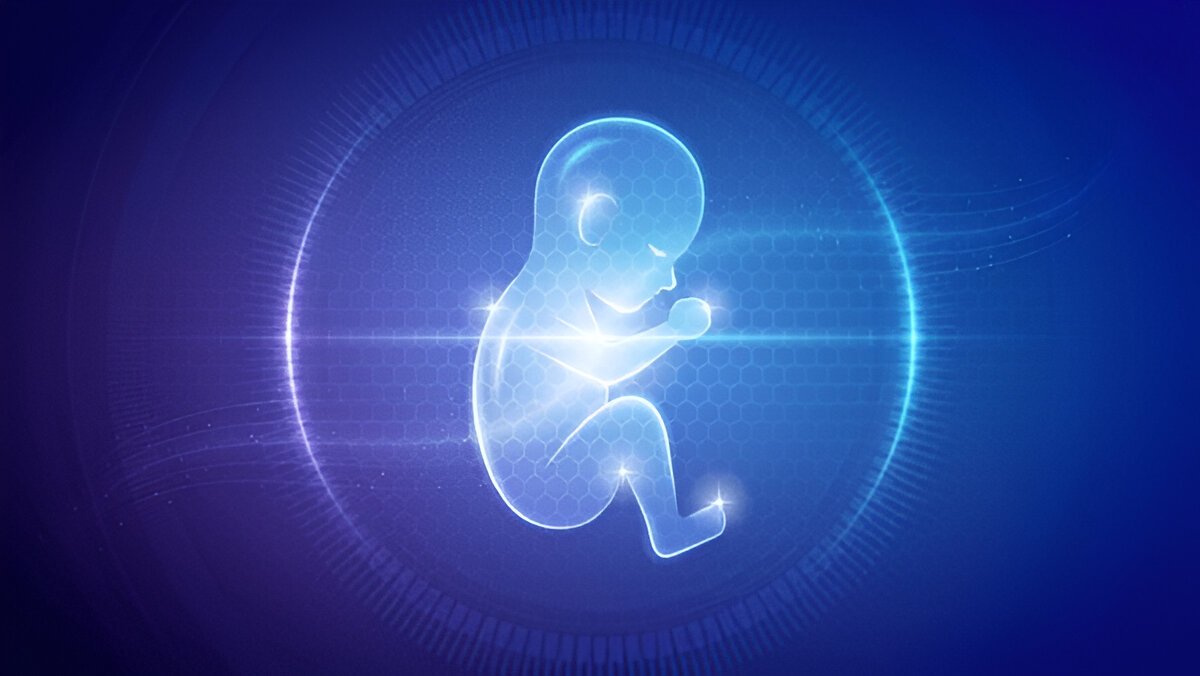A profound shift in reproductive science is emerging. This change promises to alter the future of fertility. Breakthrough research, notably from Kyoto University, advances towards making viable Lab-Grown Human Eggs from stem cells a reality. This significant development, discussed in scientific circles in July 2025, offers great hope for millions struggling with infertility. However, this scientific marvel also ignites a fierce ethical debate. Critics warn of a slippery slope towards “designer babies” and urge a global moratorium on its use.
The Imminent Breakthrough in Lab-Grown Human Eggs
The science of Lab-Grown Human Eggs, also known as In-Vitro Gametogenesis (IVG), is truly revolutionary. Researchers are perfecting methods to transform ordinary stem cells, often from skin or blood, into fully functional human egg cells. While full clinical application for human reproduction still requires rigorous testing, progress is rapid. Teams have already successfully matured eggs from early-stage human ovarian tissue in labs. Achieving this directly from induced pluripotent stem cells is nearing clinical viability.
This groundbreaking work could remove existing barriers to parenthood. It offers a path to biological children for various individuals. This includes those previously deemed infertile or cancer survivors whose fertility was impacted by treatment. Even same-sex couples might benefit. Early trials show promising fertilization potential for lab-grown eggs. This suggests high success rates once refined for human use. Consequently, this development could fundamentally change fertility treatments, moving beyond traditional IVF limits.
Ethical Minefield: Designer Babies and Fertility Science
Despite its promise, the arrival of Lab-Grown Human Eggs presents an intense ethical dilemma. A key concern centers on “designer babies.” If eggs are grown limitlessly and modified genetically before implantation, it opens doors. It could enable selection or engineering of embryos for non-medical traits. These might include intelligence or appearance. This raises profound questions about human dignity and diversity. It also hints at new forms of eugenics.
Ethicists and critics worldwide urge caution. Some advocate for a global moratorium on IVG’s clinical use. They believe this is necessary until its ethical and societal impacts are fully understood. Concerns about “playing God” and commodifying human life are paramount. The scientific community acknowledges these challenges. They emphasize that strict ethical guidelines and public discourse are vital. This will ensure responsible navigation of this new territory, preventing a future of designer babies.
The Future of Lab-Grown Human Eggs: Cost & Access
The estimated cost of a future Synthetic Fertility procedure using Lab-Grown Human Eggs poses a significant challenge. Projections suggest each procedure could cost over $50,000. This immediately raises concerns about equity and access. Such a high price point would likely restrict this groundbreaking technology. Only the wealthy might afford it. This could worsen existing healthcare disparities. It might also create a two-tiered system for family building.
This economic barrier highlights a broader issue in advanced reproductive technologies. Ensuring that revolutionary medical breakthroughs benefit everyone, regardless of wealth, is crucial. Therefore, the debate surrounding Synthetic Fertility must include discussions. These discussions should cover fair pricing, public funding, and equitable distribution. This will prevent it from becoming an exclusive privilege. Instead, it can become a universal solution to infertility.
Future Landscape of Reproduction: Lab-Grown Potential
The development of Lab-Grown Human Eggs quickly reshapes our understanding of reproduction. It challenges traditional ideas of biological parenthood and the “biological clock.” While full clinical use for humans is still several years away, scientific progress is swift. It suggests it’s a matter of when, not if. This technology promises to expand family-building options dramatically. It offers hope to those for whom current methods are ineffective.
As science advances, societal conversation must deepen. Comprehensive regulations, strong ethical frameworks, and public engagement are vital. This will ensure responsible harnessing of IVG’s revolutionary potential. The ability to create life in new ways demands careful consideration. We must ensure this scientific marvel serves humanity’s best interests. This involves avoiding unintended consequences and building an equitable future for synthetic fertility.
For more news and updates, please visit PFM Today.















